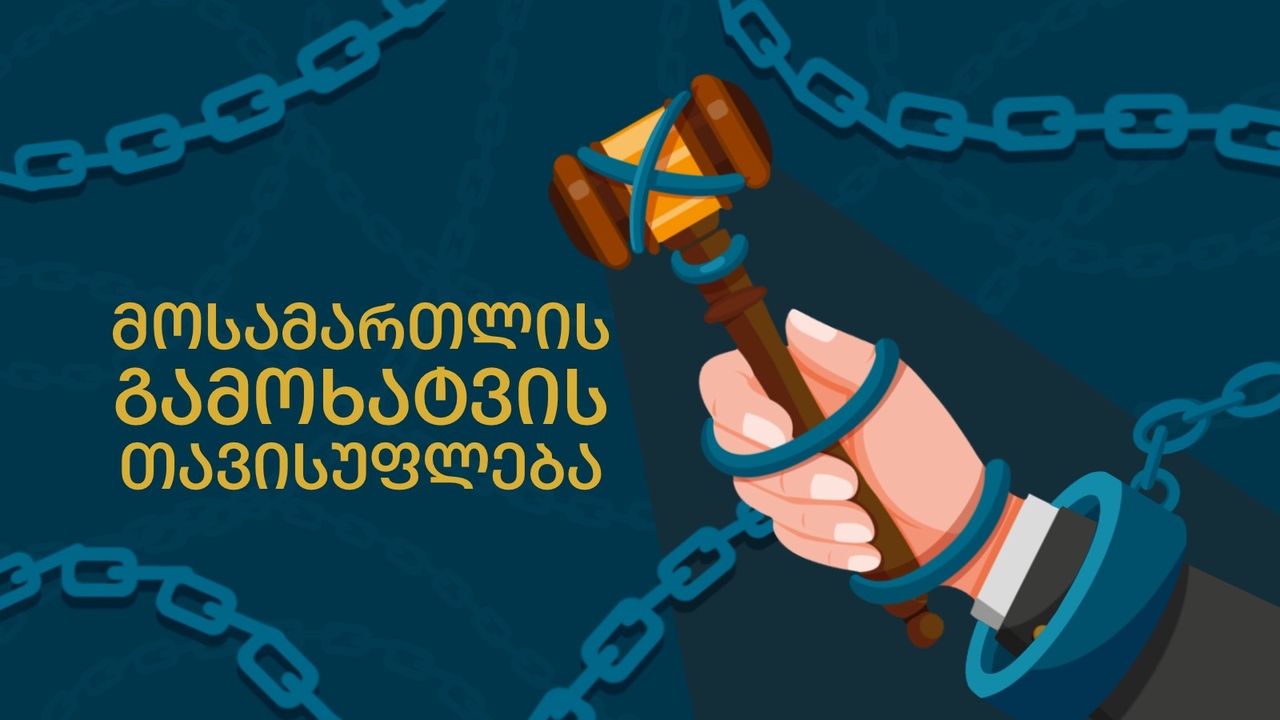The issue of "Political neutrality" concerning judicial freedom of expression

„Everyone has the right to freedom of opinion and expression; this right includes freedom to hold opinions without interference and to seek, receive and impart information and ideas through any media and regardless of frontiers".
Universal Declaration of Human Rights, United Nations 1948
➔ “[f]reedom of expression constitutes one of the essential foundations of such a [democratic] society, one of the basic conditions for its progress and for the development of every man. (Handyside v. the United Kingdom, § 49). Freedom of expression is thus a fundamental value of the rule of law and a cornerstone of the democratic development of society, ensured by both national legislation and various international human rights instruments.
In a democratic society, everyone, including public servants, enjoys the right to freedom of expression. The judge is no different. It is essential to distinctly identify a criterion that guarantees a suitable balance between the judges's impartiality and the constitutional right to freedom of expression since this position compels the judge to protect political neutrality. These standards were provided by the Consultative Council of European Judges (CCJEJ) as of December 2, 2022, in Opinion N25 on Freedom of Expression of Judges. It is intriguing to see how closely Georgian legal frameworks adhere to the aforementioned standards and how well they preserve the harmony between the two core values.
- Actions that are inconsistent with the idea of impartiality of judges are listed as disciplinary offenses under Article 751 of Georgia's organic law "On Common Courts." The law was amended as of December 30, 2021, and a new disciplinary offense was added to the Article: "public expression of opinion by a judge in violation of the principle of political neutrality." Making such a vague amendment was similarly problematic because the same Article already included an exhaustive list of actions violating the principle of impartiality, including the responsibility for the political neutrality of judges. These included: affiliating with a political group; participating in political activities; openly endorsing a candidate in an election; or publicly expressing a political viewpoint.
The adopted opinion of the Venice Commission, published on June 20, 2022, noted that:
In relation to legislative technique and the coherence within Article 751, it is not clear what other acts of a judge will violate his/her “political neutrality”. While paragraph 8 b.e. lists specific activities, the wording “political neutrality” is less specific, and therefore allows for a broader interpretation and application. The Venice Commission also highlights that the explanatory note of the draft law did not provide any specific justification for the new disciplinary ground and how it should be interpreted.
Besides, the Commission noted that:
However, for a violation of a general duty of neutrality to be grounds for a disciplinary sanction, would require a narrow interpretation in accordance with the case law of the ECtHR on the freedom of expression of judges. According to the opinion of the Commission, it is possible that the existence of broadly worded disciplinary offences for making statements by the judges can have a chilling effect on judges’ freedom of expression.
In conclusion, the Venice Commission suggested the following recommendations:
If the wording “political neutrality” is to be maintained, the law should qualify the grounds for disciplinary sanctions to only manifest violations of the duty of neutrality or by excluding certain types of issues, such as reforms of the court system and legislative issues.
It should be noted that this recommendation of the Venice Commission was partially shared by the legislative amendments adopted on 13 June this year. In particular, Article 751, paragraph 8, subparagraph "b.h" states that:
A judge's scientific or analytical reasoning regarding judicial reform and/or legal amendments related to justice shall not be considered a violation of the principle of political neutrality.
Although the revised language of the legal norm appears to take the Venice Commission's advice into account and does not consider a judge's expression of an opinion on matters of judicial reform and/or justice to be a breach of political neutrality, it still dictates the form of the expression, requiring judges to express their opinions in a manner that is scientific or analytical.
Consequently, even if a judge's expression of an opinion does not go against the general standard of impartiality, there is still a chance that it could result in disciplinary action being taken against them.
The Consultative Council of European Judges (CCJEJ), in its Opinion N25, discusses the scope of judicial freedom of expression and the legitimate restrictions that may be associated with the protection of judicial reputation and the principle of impartiality and considers it permissible for a judge to engage in public debate on political and social issues within reasonable limits.
---
The materials distributed by courtwatch.ge and published on the website are the property of "Georgian Court Watch", when using them, "Georgian Court Watch" should be indicated as the source.






























